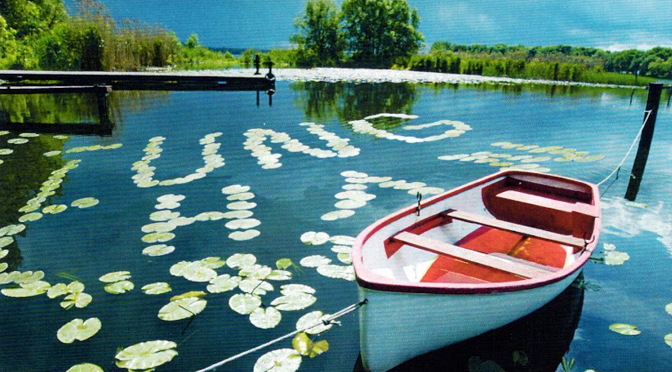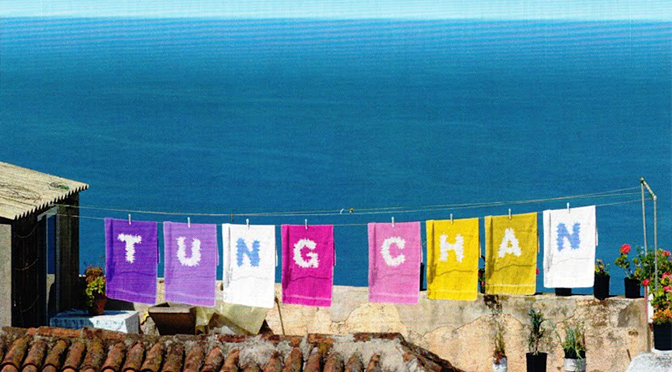The differences between the different cultural groups co-existing in the Lower Mainland are very evident. People go to different places to worship. They listen to different radio stations, read different newspapers, eat at different restaurants, idolize different movie stars and cheer on different types of sports.
No one would worry much if the lines of demarcation are drawn according to age, gender or socio-economic status. But all kinds of alarm bells sound when the lines are drawn along cultural or ethnic lines — particularly post 9/11.
People are worried that new Canadians living in such cultural and ethnic enclaves will form ghettos that become hotbeds of segregation. At the very least, these cultural groups, critics maintain, will never be fully integrated into mainstream Canadian society.
The fact is, it is only human nature to gravitate towards others who share a similar cultural background in a new environment. It is also human nature that over time, people will venture to explore other cultures surrounding their communities. And in the long-run, through greater interaction, the communities will integrate with each other.
In order for that to happen, the host society needs to be willing to welcome the new culture and accept the new comers as equals. At the same time, the new comers have to be willing to learn and adapt to the new culture without feeling pressured to giving up their own.
The ideal state for multiculturalism is to achieve a state that best described by a Chinese proverb: “Harmony but distinct”
A harmonious but distinct society is like a symphonic orchestra. The strings sections congregate together in one section while the winds sections sit together in another. No one in their right mind would suggest that the violinists in an orchestra form a ghetto. Under the baton of a good conductor, the musicians play beautiful music together. Each section contributes to the making of a glorious concerto penned by a masterful composer.
In a multicultural society, our Constitution is our song sheet and our political leadership is our conductor. The Constitution lays out shared values as a society. Within that broad framework, our political leaders are free to guide each segment of the society to achieve their maximum potential for the common good of the country.
The challenge facing our multicultural nation now is twofold. First, we are more like a jazz band having its first jam session than like a well rehearsed orchestra. Second, while we have a good piece of music, our conductor lacks the understanding of the nuances of various instruments that make up the orchestra.
In a typical orchestra, while the people who plays string instrument are likely not good at playing percussions, they generally do not look down upon the percussionists. Musicians also tend to have some basic understanding of each other’s contribution to the performance of the masterpiece.
Judging from some of the criticisms leveled by some people towards our minority cultural groups, it is evident that not everyone in our country is respectful of newcomers nor appreciates their contributions to the society in a multicultural context. It is also entirely possible that not all members of our society, including but not limiting to the different cultural groups that are new to this country, have a good grasp of the values expressed in our Constitution.
A jazz band can only make good music if each player has a good feel of the other players’ mood, ability and tempo. This can only be achieved by consistent practice and keen ears. For a multicultural society to become a harmonious and distinct civilization, we also need to practice our art of living together by learning to appreciate each other’s mood, ability and tempo.
Our political leaders and government bodies also need to be more reflective of our multicultural society in order for them to have a better understanding of the aspirations of the various minority cultural groups.
Our federal, provincial and municipal bureaucracies need to have processes and systems in place to ensure that different cultural perspectives and interests are brought into play in the design of policies.
I hope that Canadians will continue to make wonderful and glorious music in a harmonious and distinctive way.



